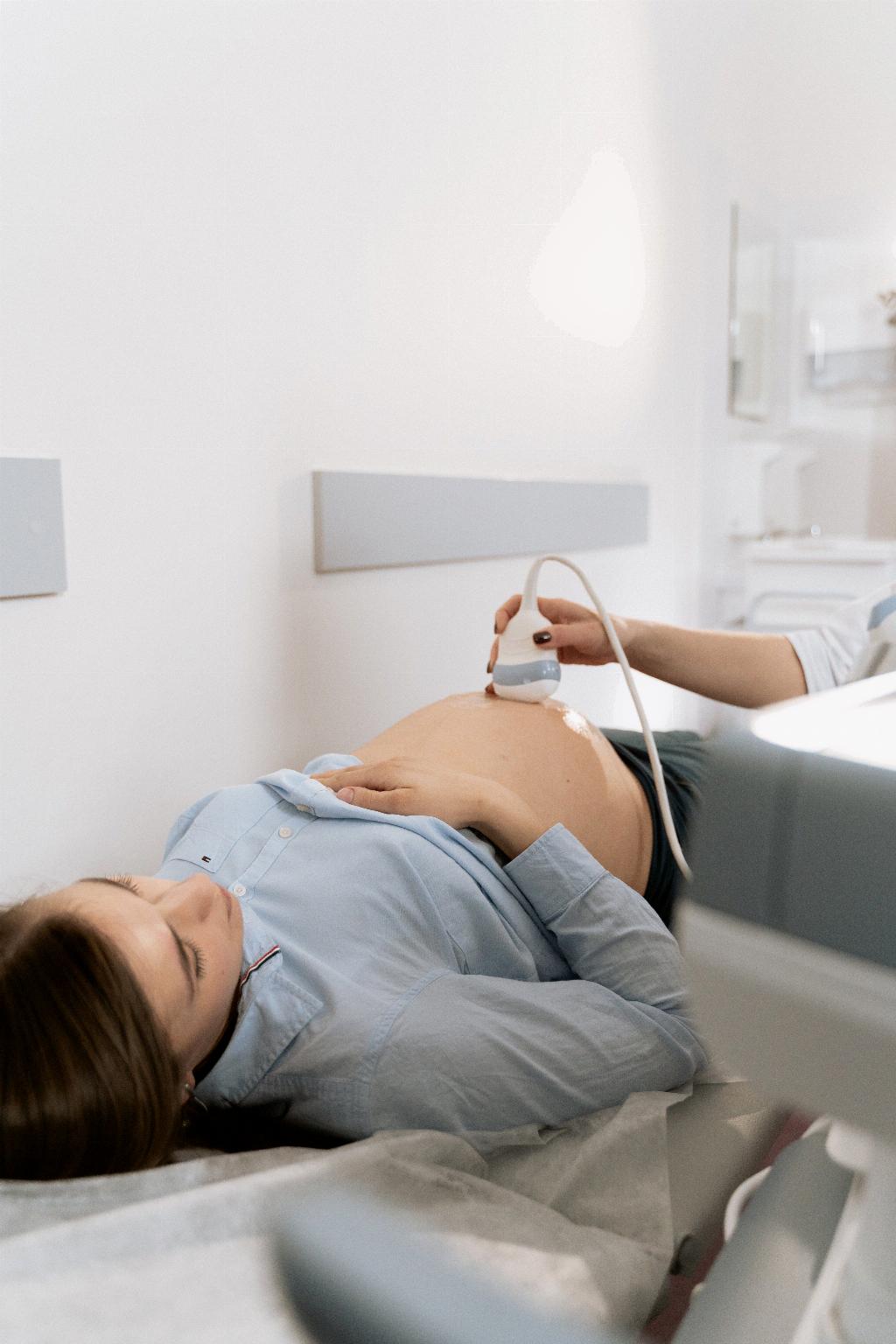When it comes to pregnancy genetic blood tests, accuracy is a crucial factor that expecting parents often consider. These tests, known as Non-Invasive Prenatal Testing (NIPT), have revolutionized the way genetic conditions in fetuses are detected.
However, the accuracy of these tests can vary depending on the specific condition being screened for. Factors such as carrying multiples, being a surrogate, or having obesity can also impact the reliability of the results obtained from NIPT.
One of the key points to note is that NIPT is highly accurate in detecting Down syndrome, with a reported accuracy rate of around 99%. This means that the test is able to identify the presence of Down syndrome in fetuses with a high degree of certainty.
On the other hand, when it comes to detecting trisomy 18 and 13, the accuracy of NIPT is slightly lower compared to Down syndrome. While still considered reliable, it’s important to be aware that the accuracy rates may not be as high as those for Down syndrome.
It’s essential for individuals undergoing pregnancy genetic blood tests to understand that no test is perfect and that there is always a margin of error to consider. While NIPT is generally highly accurate, it’s not foolproof, and there is always a small chance of false positives or false negatives.
Another factor to take into account is that the accuracy of NIPT can also be influenced by factors such as the gestational age of the pregnancy. In some cases, testing earlier or later in the pregnancy can impact the reliability of the results obtained.
It’s also worth noting that while NIPT is a valuable tool for detecting common genetic conditions, it may not be able to identify all genetic abnormalities or birth defects. Other forms of prenatal testing, such as amniocentesis or chorionic villus sampling, may be recommended for a more comprehensive assessment.
For individuals considering undergoing NIPT, it’s essential to have a thorough discussion with their healthcare provider to understand the benefits, limitations, and potential implications of the test. This can help in making informed decisions regarding prenatal care and genetic testing.
Ultimately, the accuracy of pregnancy genetic blood tests like NIPT can provide valuable insight into the genetic health of the fetus. While these tests are highly reliable for detecting certain conditions, it’s important to approach the results with caution and in conjunction with other diagnostic measures.
By being aware of the factors that can influence the accuracy of NIPT and having a clear understanding of its limitations, expecting parents can better navigate the process of genetic testing during pregnancy and make informed choices regarding the health and well-being of their unborn child.

